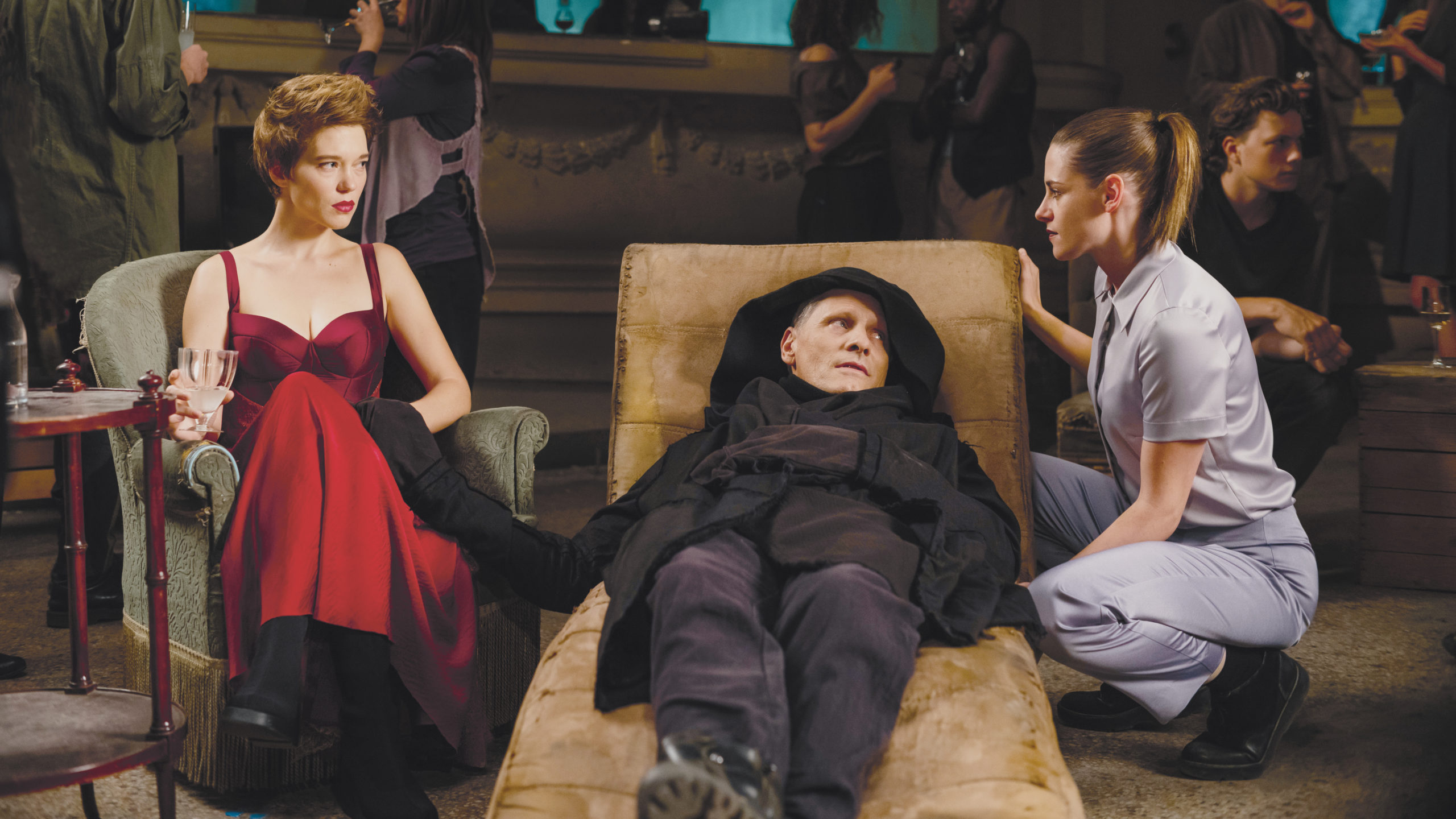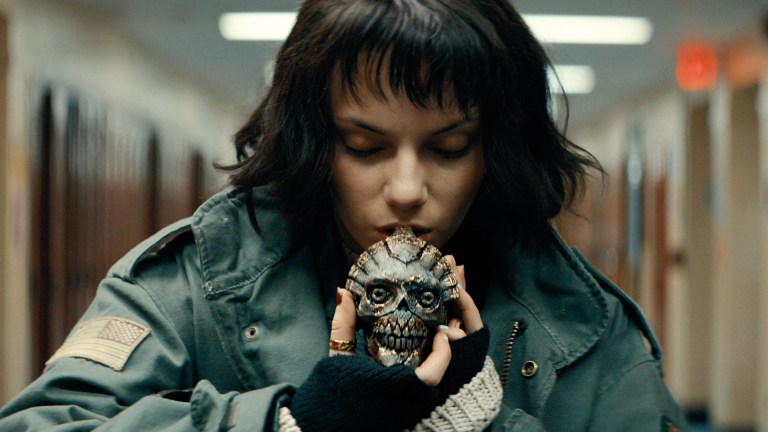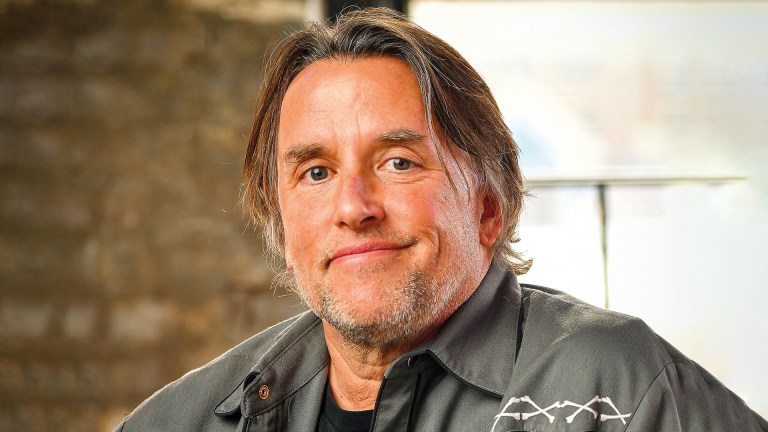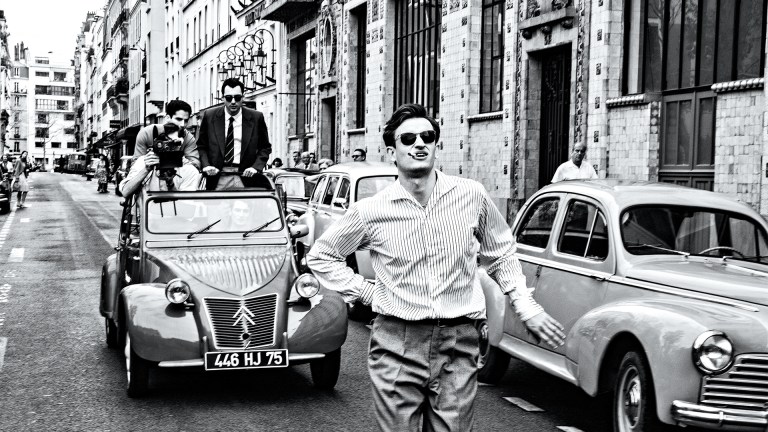For a while there it looked like David Cronenberg had retired as a film director. Since 2014’s Maps to the Stars – a brittle, brutal satire of Hollywood celebrity starring Julianne Moore – the Canadian provocateur seemed to have refocused on his acting sideline, popping up as a series of forbidding authority figures with a silvery, leonine bearing in films and TV shows shooting in Canada. (Most recently Cronenberg has been guest-starring as a cryptic, self-amused psychologist in Star Trek: Discovery, rocking a very cool pair of boxy 32nd-century glasses.)
But even if he never made another film, Cronenberg’s legacy as a pathbreaking auteur/gore-exploring cine-weirdo would be secure. The term “body horror” had to be coined just to try and keep up with his disturbing visions of the various traumas that could befall human flesh, from early shockers Rabid (1977) and The Brood (1979) to gloopy mad-science crossover hit The Fly (1986).
Cronenberg breezily tackled “unfilmable” novels like bugged-out fever dream Naked Lunch (1991) and blood-and-chrome kink-fest Crash (1996), while also doing some fairly unforgettable things with surgical instruments and tentacle implants in media splurge Videodrome (1983), chilly twin nightmare Dead Ringers (1988) and virtual reality rabbit-hole eXistenZ (1999). Think about his oozy, hallucinatory oeuvre for long enough and your head might explode.
Which is all a rather long-winded way of trying to explain why Crimes of the Future, which debuted at Cannes earlier this year, can contain extremely upsetting scenes of child endangerment and non-anaesthetised surgery but still somehow trigger a warm bubble bath of nostalgic feelings. Looking on while Léa Seydoux rummages around in Viggo Mortensen’s exposed, slimy intestines like a lucky dip at a village fete should be horrifying. But it also feels part of a satisfying Cronenberg comeback tour where the crafty 79-year-old writer-director is happy to play some of his greatest icks.
It all takes place in a gloomy, overcast future where humanity has somehow evolved beyond pain and disease, which has not turned out to be as utopian as that might sound. Burdened artist Saul Tenser (Mortensen) is spontaneously generating new organs inside his mutating body; his aloof partner Caprice (Seydoux) extracts these quasi-tumours in front of a live audience using a sinister-looking remote-controlled operating cradle seemingly on loan from HR Giger.
These performances – an extreme circus sideshow portrayed as arch high art – attract the attention of registration agents trying to catalogue and control the market in new organs, notably the wide-eyed Timlin (Kristen Stewart) whose interest in the intimate process seems to be more than merely professional.









